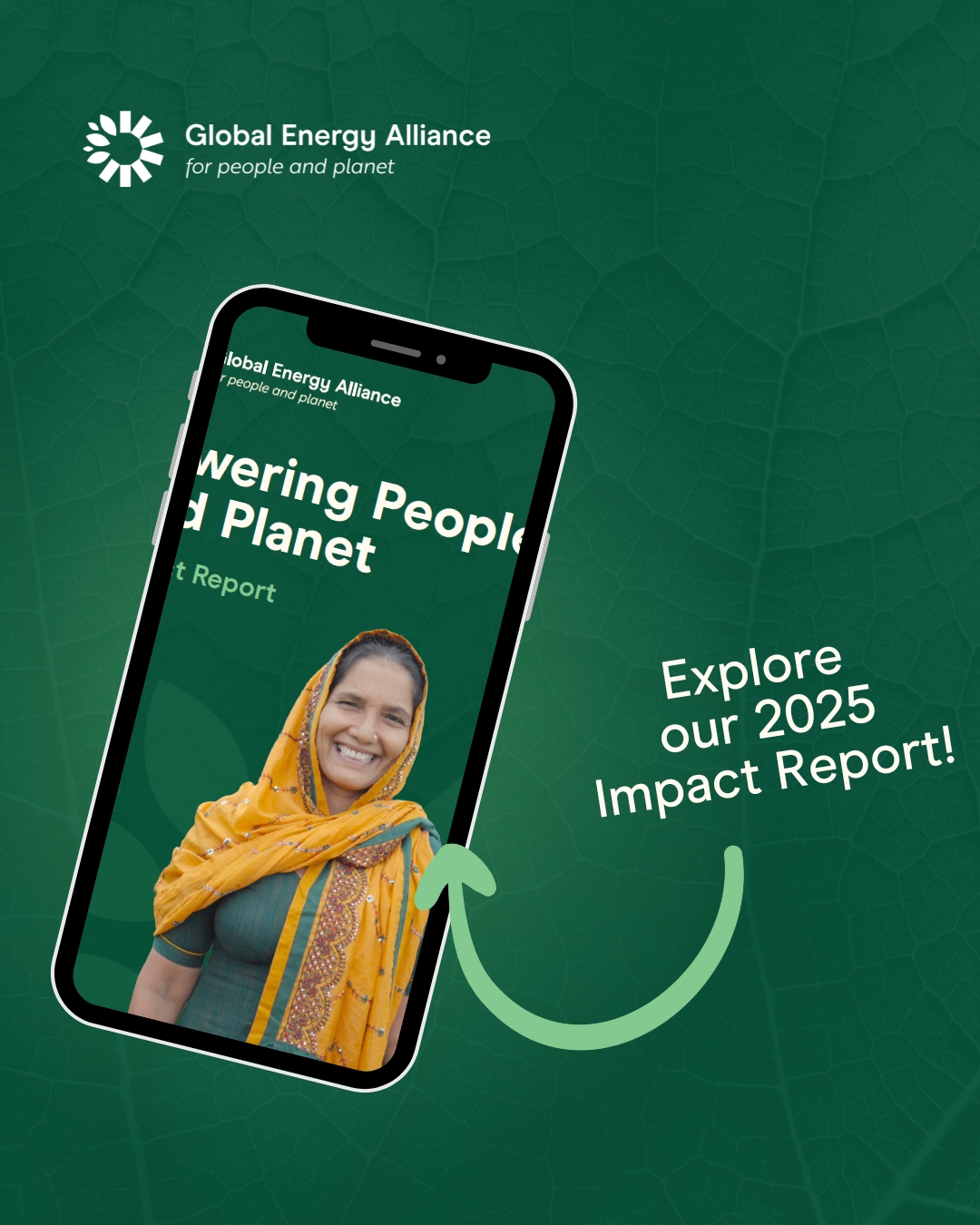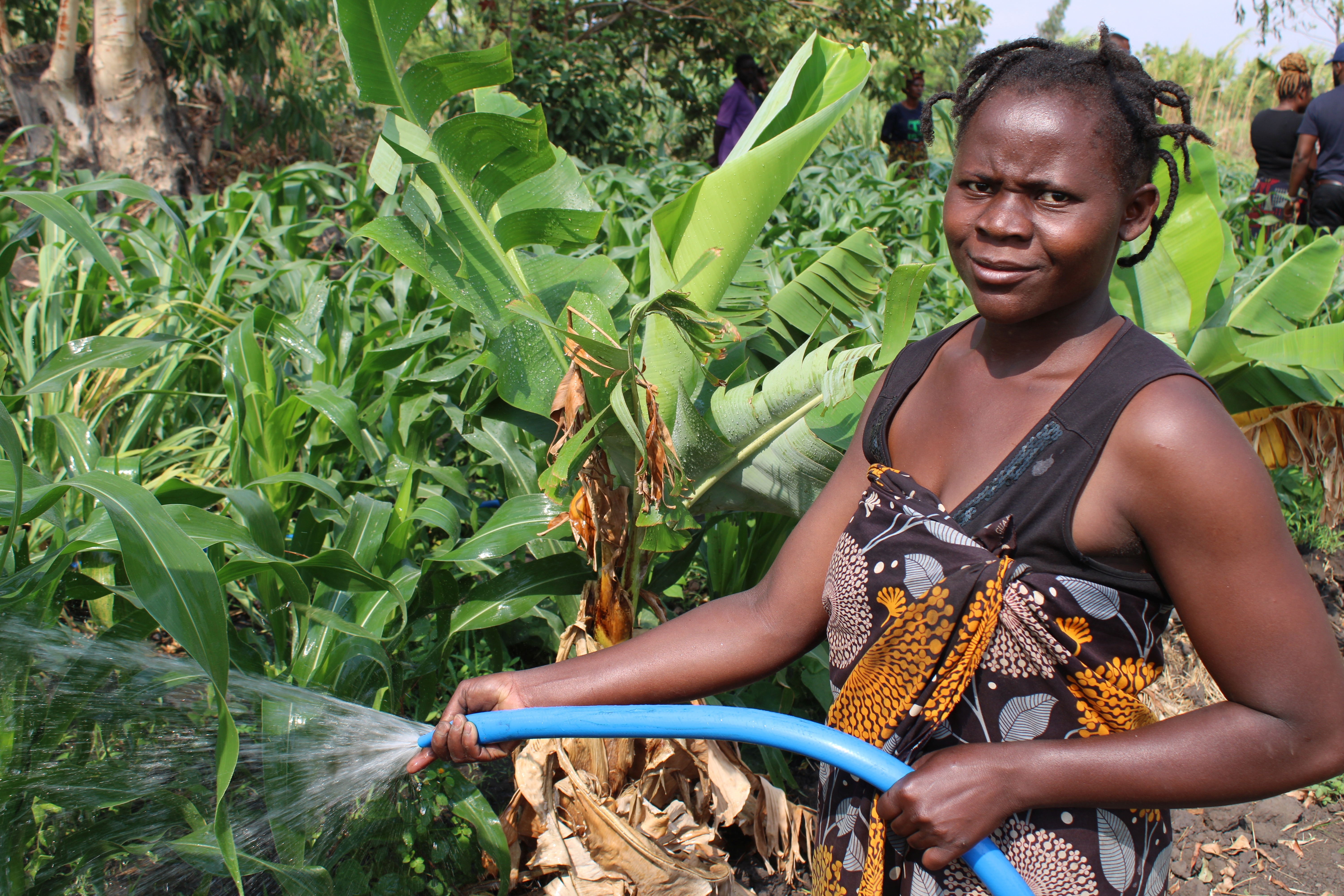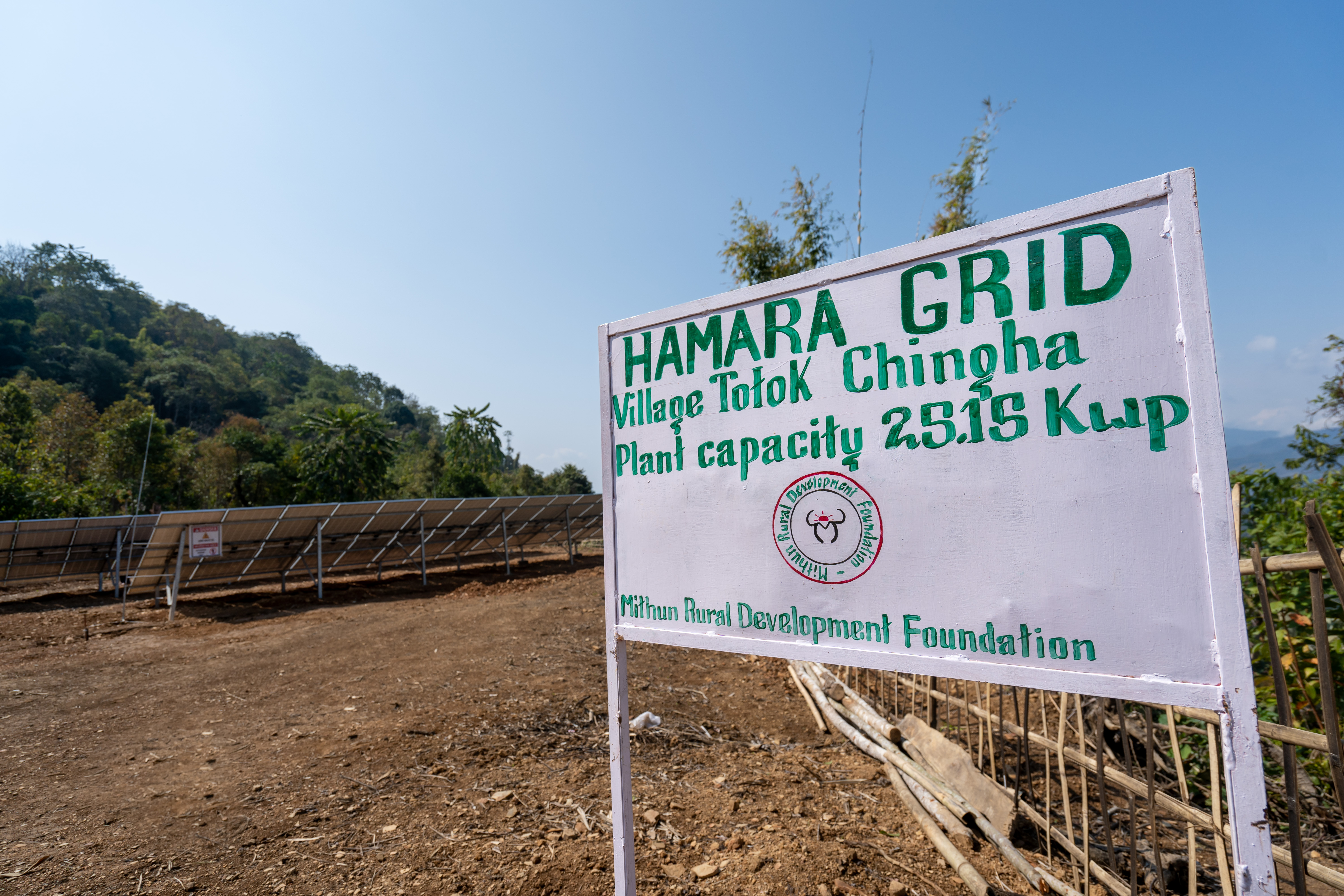Harnessing the sun to bring fresh food and opportunities to rural Nigeria

For Blessing Bitrus, a fish trader in the Kiguna community in Nigeria, business is good.
It’s not that suddenly everyone wants to buy fish just from her. It’s simply that she has been able to eliminate the food waste that used to eat into half her profits.
Under the hot sun, it used to be a race against time to get the day’s catch of tilapia and catfish from the river to the market and sell it while it was still fresh. With just a few precious hours before the fish went bad, Bitrus was forced to keep her prices very low. Even so, on most days, nearly half her fish went to waste.
Now, thanks to a 3-ton cold storage room, connected to a solar-powered mini grid, the intense rays that used to threaten to spoil her fish, now power its preservation.
The cold room has not only turbocharged her business, it has brought fresh opportunities to her community. About 100 local fishers and fish traders use the cold room. The reduction in waste and the ability to sell their fish further afield where it can command higher prices, has increased the average earnings of fishers by 30%.
“Since this cold room was brought to our community it has been very helpful and we really appreciate it,” says Bitrus. “Now I can buy fish in bulk and keep it there. So our fish does not get spoiled and we do not have to sell them very cheaply.”
Every year, Nigeria loses an estimated 40% of the food it produces in part due to poor storage practices linked to limited access to electricity. Nigeria has the largest unelectrified population in the world. Spoiled food drives food insecurity which affects nearly 80 million Nigerians.
GEAPP worked in alliance with RMI, the government, solar power providers and a cold storage company to deliver solar power and equipment, supported by favorable electricity tariffs to help bring the benefits of cold-room storage to Kijuna.
The work supports Mission 300, a groundbreaking initiative by the African Development Bank and the World Bank, supported by GEAPP, Sustainable Energy for All and The Rockefeller Foundation to connect 300 million Africans to electricity by 2030.
By working with multiple partners, including local utilities and entrepreneurs, we are also ensuring that the power can be used productively – to create and improve jobs and accelerate economic growth.
In Kiguna, there are other benefits too. The local air pollution caused by smoking fish in order to preserve it has been greatly reduced. And many other local businesses have experienced an economic boost as people from neighboring communities come into town to rent space in the cold room.
“We’re helping people in rural Nigeria use renewable energy to improve their lives,” says RMI’s Andrew Allee.
****
The 3-ton cold room is operated by Coldbox Store and powered by a Husk Power Systems minigrid. The program is supported by the Global Energy Alliance for People and Planet, in collaboration with the World Bank, RMI, and the Rural Electrification Agency.




